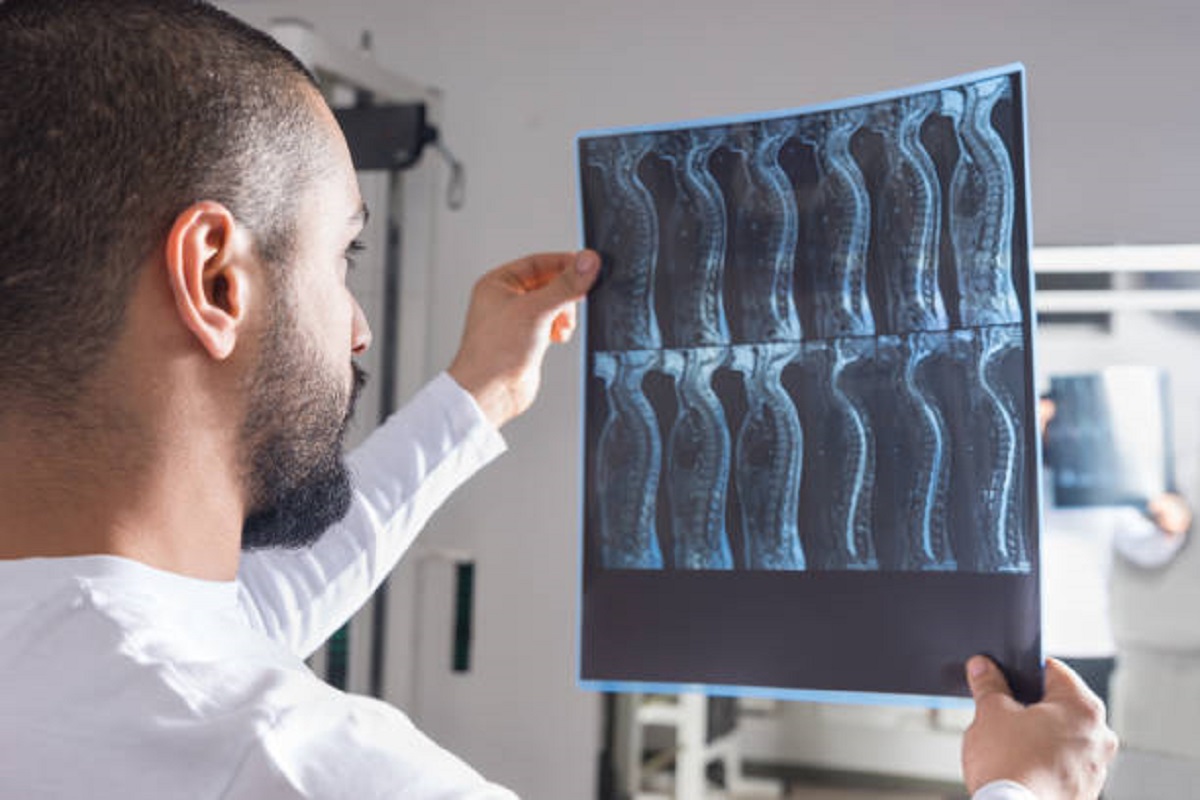Joint replacement surgery, such as hip or knee replacement, offers several significant benefits for individuals suffering from joint-related issues. Here are some of the key advantages:
Pain Relief:
- One of the primary reasons for undergoing joint replacement surgery is to alleviate chronic pain that hasn’t responded to other treatments. Most patients experience significant pain reduction or complete relief after the surgery.
Improved Mobility and Function:
- Joint replacement can restore mobility and function that were lost due to joint deterioration. Patients often find they can walk, climb stairs, and perform daily activities more easily.
Enhanced Quality of Life:
- By reducing pain and improving mobility, joint replacement surgery can substantially enhance the overall quality of life. Patients are able to return to activities they enjoy, leading to better mental and physical well-being.
Increased Independence:
- Improved joint function allows patients to perform daily tasks independently, reducing reliance on others and improving self-sufficiency.
Correction of Deformities:
- Joint replacement can correct joint deformities caused by conditions such as osteoarthritis or rheumatoid arthritis. This can improve the alignment and function of the joint.
Long-Term Durability:
- Modern joint replacements are designed to last many years, often 15–20 years or more, providing long-term relief from joint problems. Advances in materials and surgical techniques have increased the lifespan and success rates of these implants.
Improved Physical Activity:
- Many patients can return to low-impact physical activities post-surgery, such as swimming, cycling, and walking. This helps maintain overall health and fitness, which can be particularly beneficial for cardiovascular health and weight management.
Reduction in Other Health Issues:
- By alleviating joint pain and improving mobility, joint replacement can help reduce other health problems that arise from inactivity and chronic pain, such as obesity, cardiovascular disease, and muscle atrophy.
Mental Health Benefits:
- Chronic pain and reduced mobility can lead to depression and anxiety. By addressing these issues, joint replacement surgery can improve mental health and overall mood.
Social Engagement:
- Improved mobility and reduced pain allow patients to engage more in social activities, reducing feelings of isolation and improving social well-being.
Conclusion :
These benefits make joint replacement surgery a highly effective treatment option for individuals suffering from severe joint issues that impair their quality of life. However, it is important for patients to have realistic expectations and to follow post-operative rehabilitation protocols to maximize the benefits of the surgery.





Comments